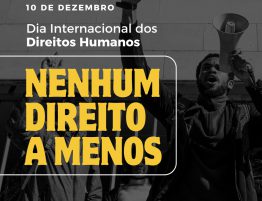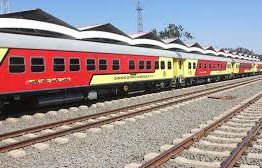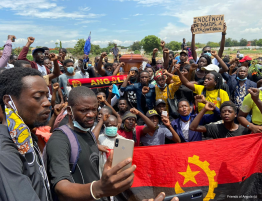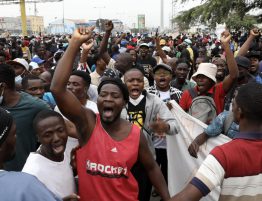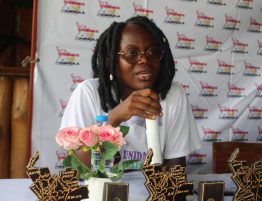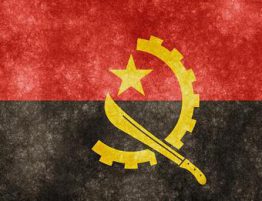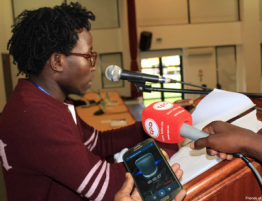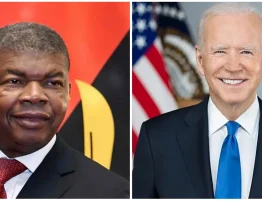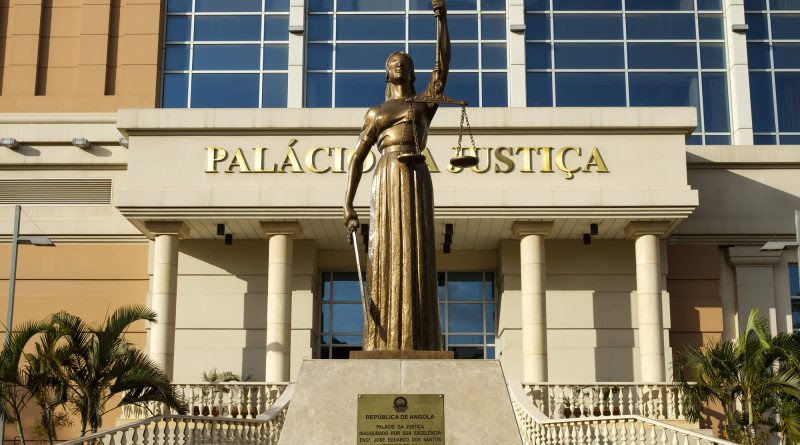
To:
His Excellency,
João Manuel Gonçalves Lourenço,
Angolan President
Washington, D.C., January 25, 2021
CC:
The Minister of Justice and Human Rights, Francisco Manuel de Queiroz
The United States Commission on International Religious Freedom
Re: Religious Freedom in Angola: Angolan Authorities and the International Community to Review Pastor José Julino Kalupeteka Sentence
Dear President Lourenco,
Friends of Angola (FoA) hereby request your excellency to critically review the case of Pastor José Julino Kalupeteka because there is evidence that fundamental principles of the criminal procedural code were not scrupulously observed.
Several local and international newspapers reported lack of transparency on the investigation of the alleged massacre of hundreds of Mr. Kalupeteka fallowers, including children, leading to the subsequent sentence of Mr. Kalupeteka. According to Simon Allison, a journalist working for the Daily Maverick, “on the anniversary of its bloodiest day [27 May 1977], Angola is reeling from yet another massacre of civilians by the state. The government would like the world to forget what happened on Mount Sumi on 16 April this year [2015], just as it covered up for decades the tens of thousands who died on 27 May 1977, and those slaughtered in the Halloween Massacre in 1992. This time, however, information isn’t quite so easy to control – and nor are the consequences.”
In addition, it was also noted that “Mr. Kalupeteka is a pastor and a gospel singer, and the charismatic leader of an offshoot of the Seventh Day Adventist Church, known as A Luz do Mondo, Light of the World. He’s also a thorn in the side of the Angolan government. It doesn’t quite know what to make of him or his followers, who don’t fit neatly into any of Angola’s traditional power structures; and who, increasingly, were resisting the dictates of the state, albeit mildly (for instance, Kalupeteka refused to allow census officials into Mount Sumi last year),” noted Simon Allison.
In one of the most mediated and controversial trials in Angola, the Huambo provincial court sentenced him to 28 years in prison. The defense appealed the decision, but two years later, the Supreme Court has not yet ruled. Zola Bambi, one of Kalupeteka’s defense lawyers, considers this silence unusual, but not strange, as it is yet another example of the partial way in which the trial was conducted.
Adilson Salvado also said that “the judge of the case described the defendants as habitual delinquents and by tendency. This qualification is not suitable for Kalupeteka and his peers because for there to be an issue of delinquents by tendency, there must be an intentional crime that corresponds to the greater penalty and that their behavior reveals wickedness, perversion and that makes these defendants seriously dangerous,” he emphasizes. According to sociologist Carlos Conceição, “the sentence claims that the State body responsible for legalizing the Churches was not called to testify in court.”
Deutsche Welle in its March 4, 2018 publication entitled “Angola: Kalupeteka waited two years ago for the Supreme Court’s response”, and reads as follows: “On 5 April 2016, José Julino Kalupeteka, leader of the sect” The Light of World, “was found guilty of the murder of nine National Police officers.
In addition to the interest of FoA in this matter, in the name of truth, justice and religious freedom, we invite journalists, academics, religious communities, nongovernmental organizations (NGOs), and society in general, to help address the subject in a full, impartial manner and good faith. As it can be seen, the procedural steps of the Huambo Provincial Court applied to believers of the Church of seventh-day Adventists “light of the world”- raises serious doubts about the impartiality of the legal and political authorities.
This modus operandi will have served an immediate political purpose, but in the long run it will certainly have dire consequences for our weak judicial system. Thus, we request the Angolan authorities to schedule a new trial for Mr. Kalupeteka.
In the interest of human rights, in particular, religious freedom, and freedom of expression, our society has a moral and civic obligation to question the legal framework applied in this trial and the Angolan authorities have the responsibility to guarantee a fair and transparent due process.
Sincerely,
Florindo U. Chivucute
Executive Director
Friends of Angola

